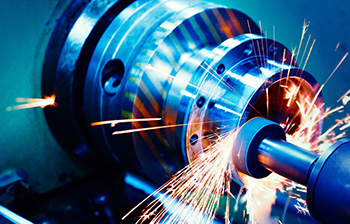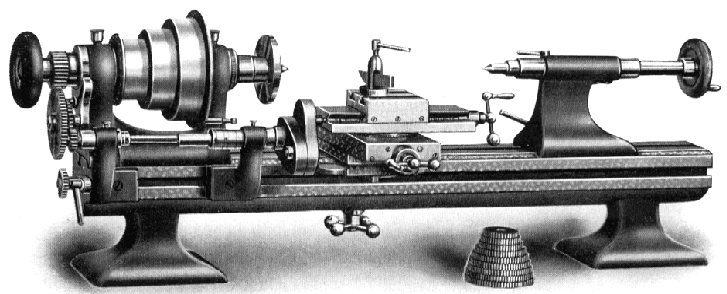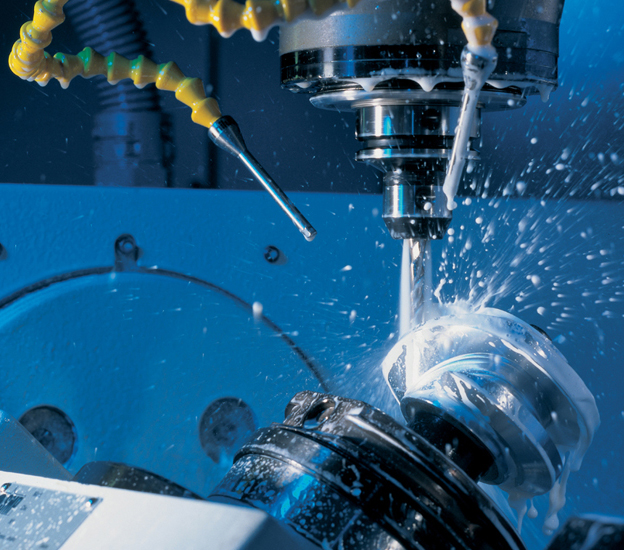“The development of the machine tool has changed the world and shaped the progress of mankind. Almost all industrial goods are produced through the use of machine tools. Without machine tools there would be no machines. Machine tools are industrial production. It is not without reason that one speaks of machine tools as the “mother of all machines.”
“Machine tools manufacturing is an essential part of an industrial society and can serve as a bellwether for the industrial capacity of a nation. Machine tools exist fundamentally to serve and support manufacturing; a machine tool is in effect a machine to build more machines by manipulating an implement to shape metal in a controlled way.
is an essential part of an industrial society and can serve as a bellwether for the industrial capacity of a nation. Machine tools exist fundamentally to serve and support manufacturing; a machine tool is in effect a machine to build more machines by manipulating an implement to shape metal in a controlled way.
“Products ranging from automobiles to airplanes, warships to medical devices, and mobile phones to mining equipment require the rate of production, machining quality and precision, and scalability of machine tools.
“Tens of billions of US dollars are spent annually on purchasing new machine tools, and the ripple effects in the economy are much larger.”
— The Importance of Machine Tools, Bismarck Analysis
Even Machine Tools Have a Mother

“If you want to build new production facilities in the U.S.,” says Torsten Gede, a manager at German investment group Deutsche Beteilgungs AG, “a large part of the machinery and technology has to be imported because local alternatives are rarely available.”

The German VDMA (Mechanical Engineering Industry Association) reports that the U.S. provided nearly 80 percent of the country’s industrial machine needs until 1995, but by 2015 was producing only 63 percent. Today, even less; the overall trend is, unfortunately, going down.
To that sorry tale, the Wall Street Journal adds: “In the 1980s, as U.S. manufacturing slumped, almost seven of 10 American machine‐tool companies closed due to falling demand. The decline continued this century as U.S. manufacturers outsourced more and baby boomers retired. Shrunken manufacturers demanded fewer production experts, accelerating the factory‐technology decline.”
Machine tools are essential in industrial metalworking and, as a type of capital equipment, machine tool consumption is a strong indicator of overall manufacturing capacity. Production is highly concentrated, with a small number of countries producing the vast majority of precision machine tools used in advanced manufacturing worldwide. The most important machine tool manufacturers are China, Germany, and Japan. China is unique in that its massive production is overwhelmingly for its own domestic manufacturing sector, whereas the other major manufacturers export a substantial fraction of their machine tools.
Russia, the US, and the UK have all seen varying degrees of decline in machine tool production since their peaks.
This occurred because production of machine tools requires substantial societal infrastructure such as educated workers, significant capital investment, and a strong customer base. These things require deliberate state action to create and continued policy to sustain.
All of the successful countries have maintained clear policies that help machine tool producers, while those that have declined, or failed to start significant production at all, have not. These policies have only been successfully implemented by states with strong coordination between elites in government, business, and finance.
Skilled labor is essential for machine tool production. Mechanical, electrical, and software engineering are required in the design process, and experienced technicians are needed for assembly and testing.





